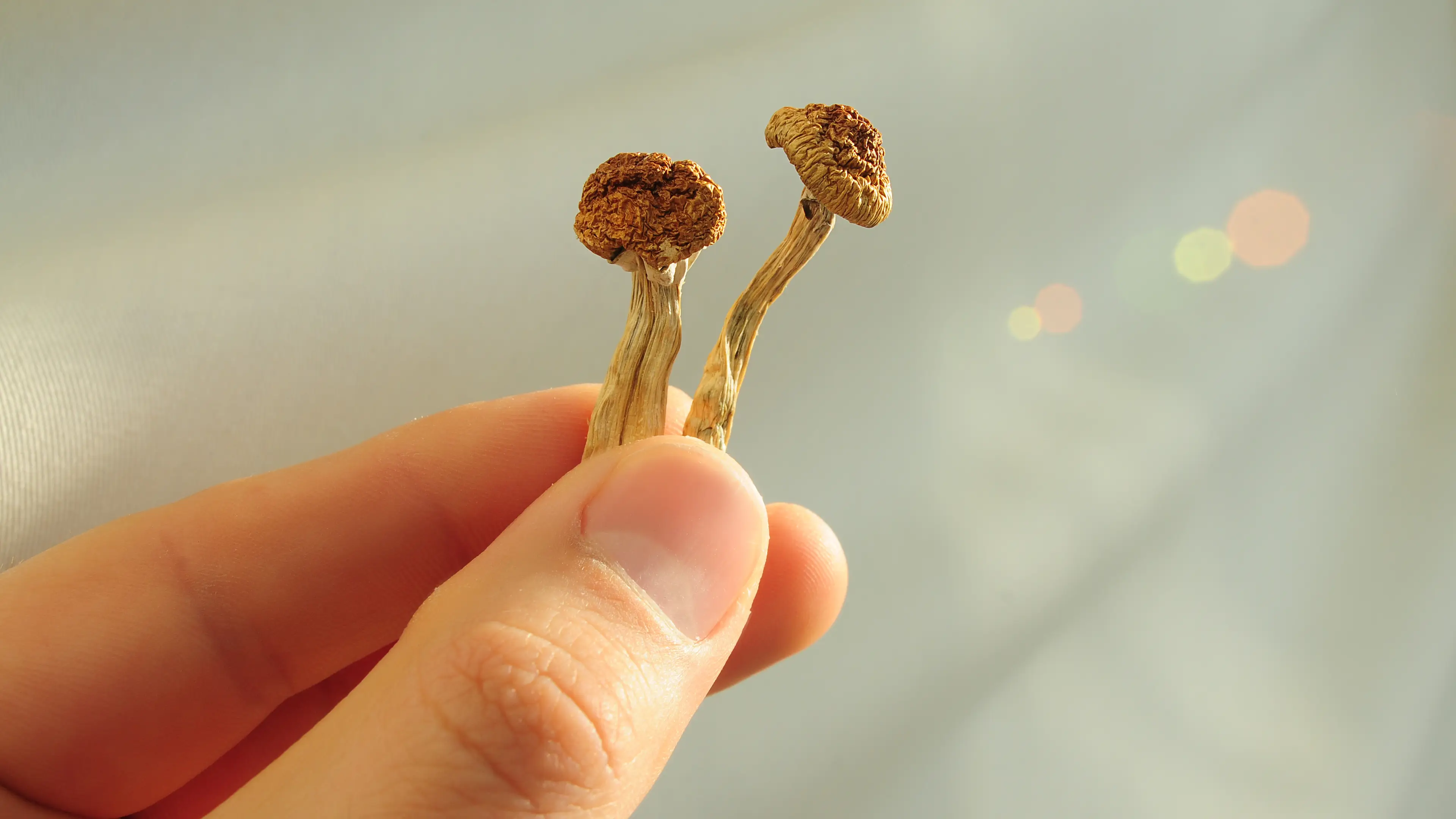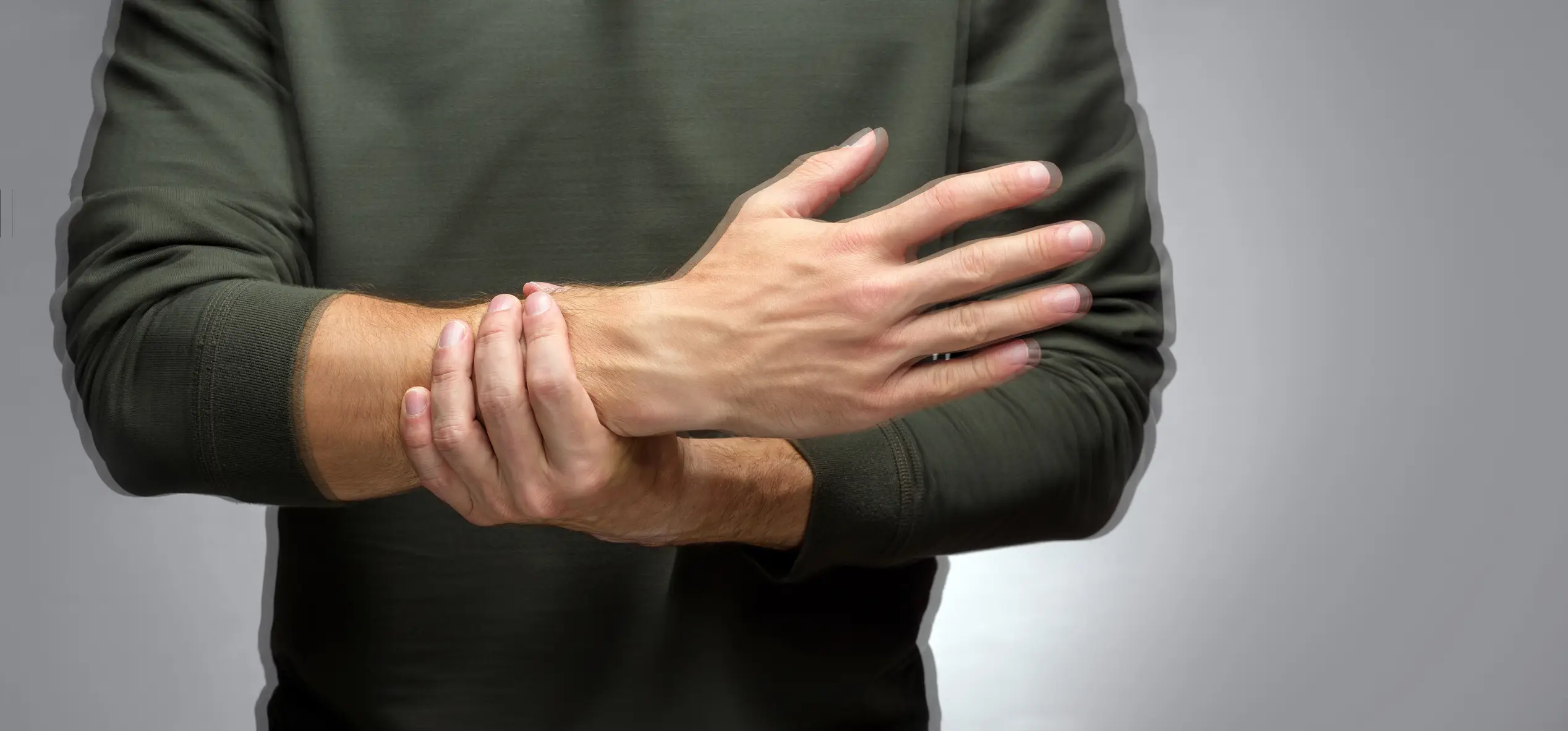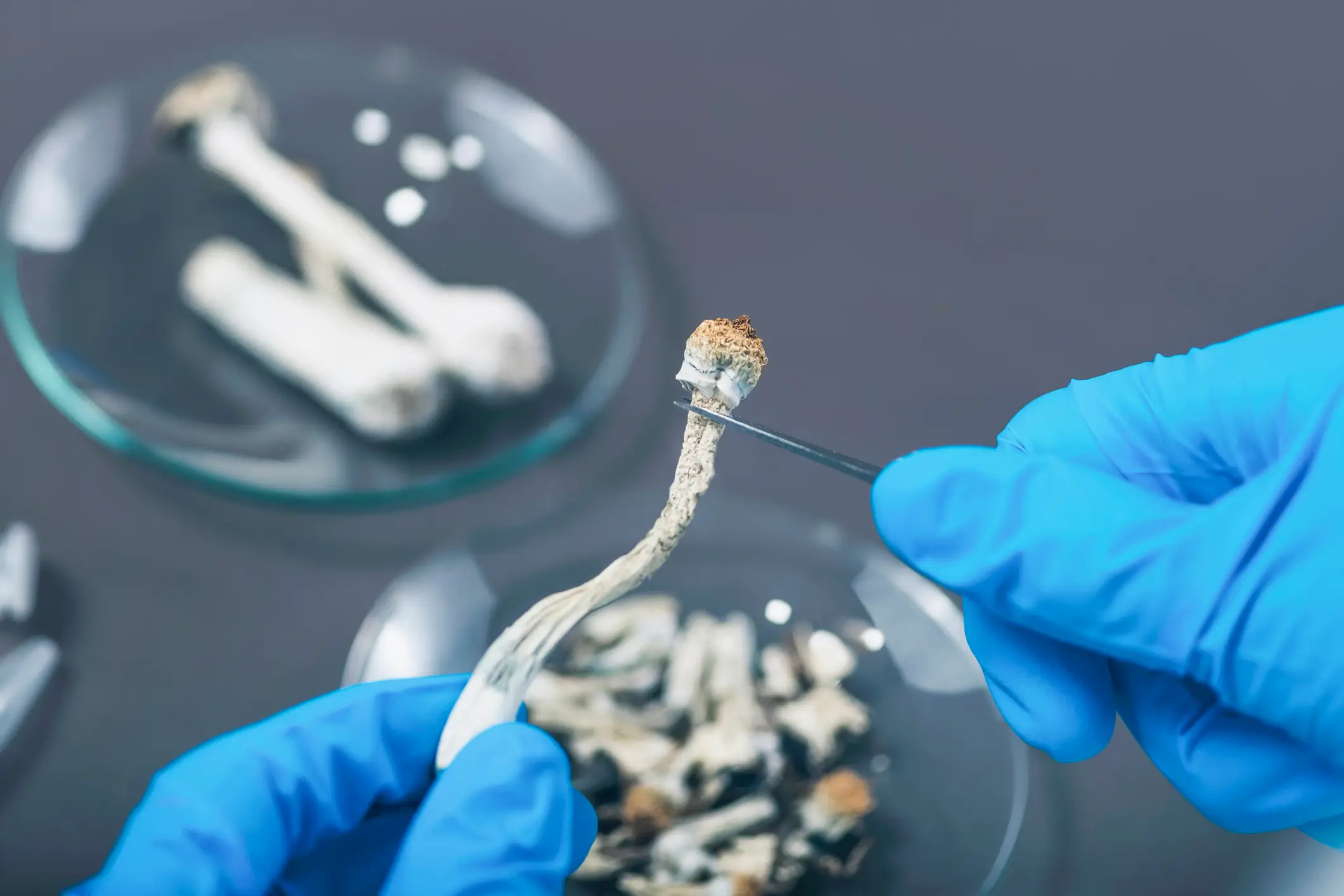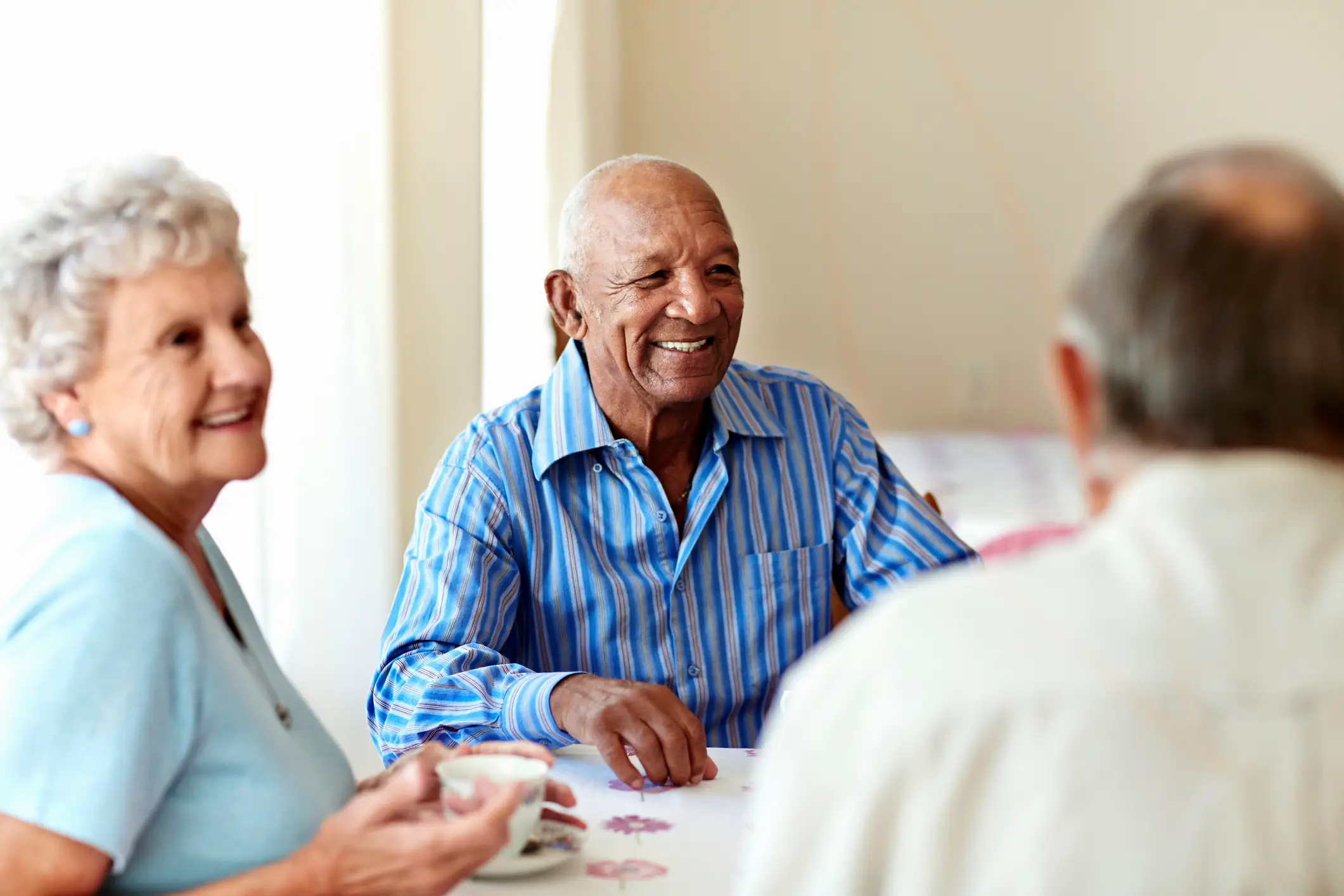
When I hear the words 'magic mushrooms,' I imagine a group of indie-looking teenagers micro-dosing at a festival.
An estimated eight million American adults used psilocybin in 2023, according to figures from RAND.
Whether it's used to enhance some sort of guided meditation, or to experience some life-changing epiphanies in the park with your friends one sunny day, it's been proven the psychedelic drug - called psilocybin - can help with anxiety and depression.
However, researchers from the University of California San Francisco (UCSF) have seen some incredible results after trialing the drug with Parkinson's disease patients.
Advert
The condition mainly affects people over the age of 50 and occurs when parts of the brain become progressively damaged over time.
Its symptoms include involuntary shaking or tremors, muscle stiffness and anxiety and depression.

The study is the first of its kind to test the effects of psychedelics on patients with a neurodegenerative disease.
Parkinson's is the second-most common neurodegenerative disease after Alzheimer's. Nearly one million people in the US are living with the condition, the Parkinson's Foundation reports - a figure that's expected to rise to 1.2 million in the next five years.
The groundbreaking pilot study, saw 12 patients with 'mild to moderate' Parkinson’s receive two doses of psilocybin: 10 mg, followed by 25 mg two weeks later.
They also underwent regular psychotherapy sessions to track their wellbeing.
The study’s aim was to assess the safety of psilocybin, yet the results uncovered something unexpected - and pretty incredible.

Participants experienced significant, lasting improvements in mood, cognition and motor function, which persisted for weeks after the drug had left their systems. These mental health improvements were reported for up to three months after their final dose of the drug. Scientists reckon this could be chalked up to two major reasons.
Firstly, psilocybin's impact on patient's mood could've led to better cognitive and motor functions.
This, in turn, would've helped them socialize and become more active - both key elements of Parkinson’s treatment.
Another is that psilocybin could reduce inflammation and promote neuroplasticity, which is the growth and reconnection of brain cells involved in mood, cognition, and movement regulation.

“We are still in very early stages of this work, but this first study went well beyond what we expected,” said the paper’s first author, Ellen Bradley, MD, assistant professor and associate director of UCSF’s Translational Psychedelic Research Program (TrPR).
“Many people don’t realize this, but mood symptoms in Parkinson’s are linked to a faster physical decline,” she said. “And they are actually a stronger predictor of patients’ quality of life with Parkinson's than their motor symptoms.”
Encouraged by the results, UCSF is set to launch a larger, randomized trial in partnership with Yale, aiming to enrol 100 participants.
This next phase will incorporate brain imaging and other tools to understand psilocybin’s effects on brain function in more detail.
“The vast majority of brain diseases lack treatments that change their course,” said Dr. Joshua Woolley, senior author. “These results raise the exciting possibility that psilocybin may help the brain repair itself.”
Topics: Mental Health, Drugs